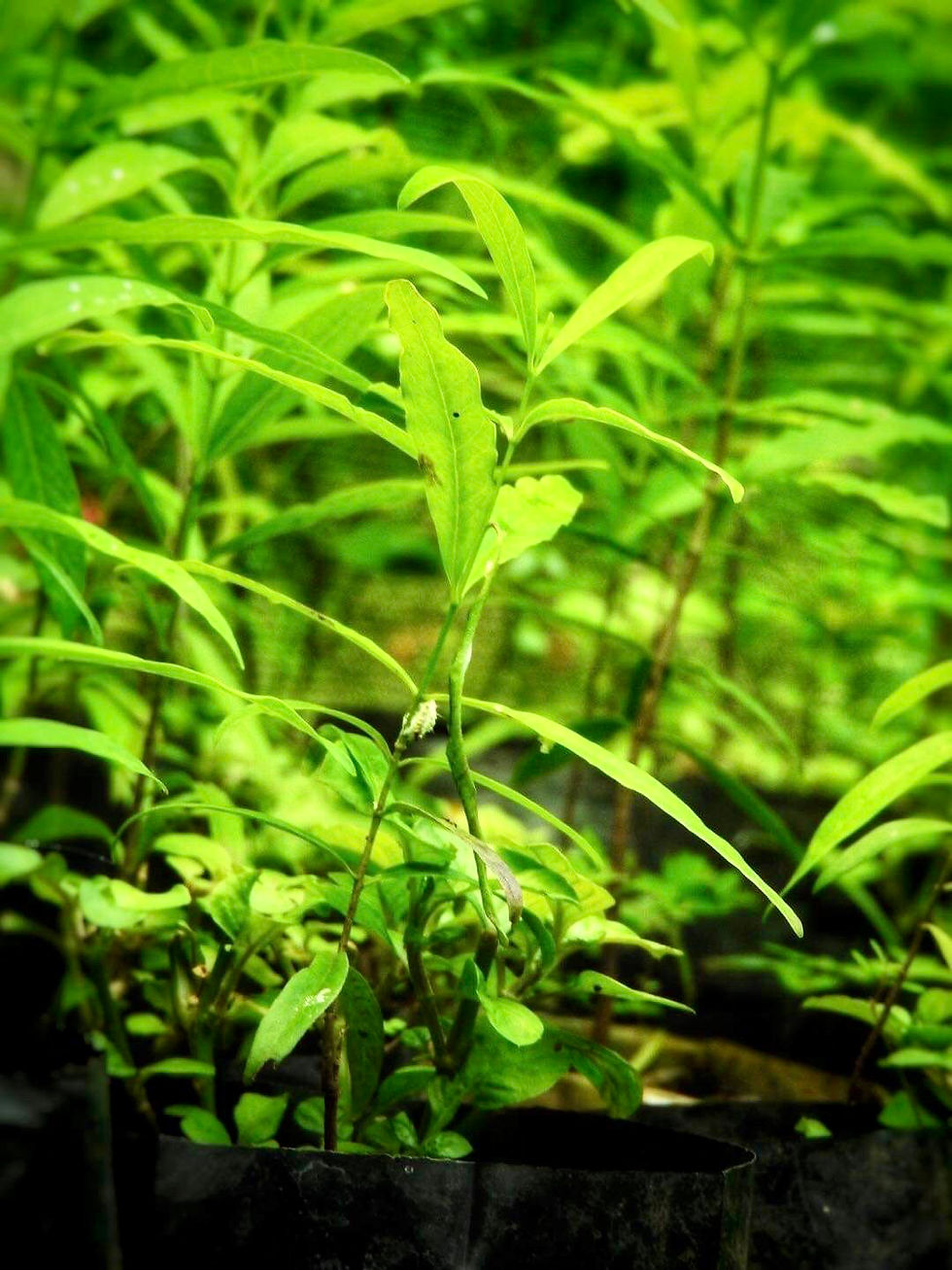To Mali They Go - Engineers Without Borders
- Bridge the Gap
- Jan 20, 2018
- 3 min read
Updated: Mar 9, 2018
by: Andrew Bates
“Do you see that tree?”, the old man asked me as he gazed into the distance, his eyes slightly squinting in the bright Fijian sunlight. It was as if he was doing his best to look back into the past, if only for a moment. “Do you see it?”
How could I miss it? The tree which he stared at marked the beginning of Ligaulevu Village. When arriving by boat, as soon as your feet hit solid ground, there the massive tree sat. Its branches shot out like the legs of a spider, spiraling upwards towards the bright blue sky. Its shadow kept the entire beach cool, and its massive root system allowed the tree to stand proudly, towering over the houses which lay behind it. I couldn’t miss it. Indeed, the tree stood as the majestic gatekeeper between the sea and the Fijian village (which it hugged) so close by.
I nodded my response. “It used to mark the center of our village” he said, and finally he tore his eyes back out of the past to look at me.

Whether it is legend or not, the locals from Mali insist that that majestic tree sitting right next to the water was once the centerpiece of their village. The water splashed onto the flat shores of Mali Island a half a kilometer away. The tree was a gathering place; the life of the city revolved around it.
However, in the last century, the water has slowly risen over the flat shores of Mali Island, encroaching on their land, gathering places, and homes. Normally, this would not be a huge problem. The solution: move the houses inland. However, the houses in Ligaulevu Village already back right up against the mountains, the uninhabitable wild of Mali Island. So, the village shrinks. Eventually, could it lead to forced relocation?
Even more concerning than a shrinking village is the shrinking water supply of the village. As the sea levels rise, the groundwater is becoming contaminated. Wells which once were the sources of life giving water now provide brackish water, water that is, unfortunately, undrinkable.

So, what is a small Fijian village to do? In a perfect world, they would bring together their resources, form a plan, and preserve their home. The problem? Money and engineering training. Stopping a sea from rising is neither simple nor inexpensive. Luckily, a partnership has been formed that will help the Mali Community to do just that.
Engineers Without Borders (EWB) USA is an organization that "builds a better world through engineering projects that empower communities to meet their basic human needs". Communities around the world submit project proposals to the EWB headquarters. Then, EWB decides which projects they believe will be successful.

To do this, EWB considers many factors including 1) how invested the community is in the project (monetarily and with respect to provided labor) 2) how necessary the project is for the success of the community 3) how much the community is invested in their own self-development 4) how the community plans on providing maintenance to the completed project. Once a project is approved, any EWB chapter from throughout the USA, whether made up of professionals or students, can apply to take on the project. After an EWB chapter takes on a project, they commit to a multi-year partnership with the local community.
When I was staying on Vorovoro, a motivated young engineering student named Katie wanted to see if the Mali Community, when presented with the opportunity of a potential EWB partnership, would be interested. Sure enough, the Mali Development Committee instantly knew what they would want from a partnership with EWB: a sea wall to combat the rising sea levels. The Mali Development Committee completed the EWB project application before I even left the island with details on how they planned on fundraising, providing resources, giving leadership, and maintaining the completed sea wall. They submitted the application to HQ to be approved. Just a few months later, we heard from HQ that the sea wall project was a “Go”. Immediately, the alluring project was picked up by California Polytechnic State University. Now, this five year exciting partnership has begun.
Engineers from California Polytechnic State University will be traveling in 2018 to Mali Island begin the important work of assessing the situation in Mali Island, start forming the relationships with the community, and begin the engineering design process for a solution that will address the issues that the Mali people face. The next couple of years will involve engineering students and faculty making multiple trips to work with the Mali Community to secure a sustainable, long-term solution.
Congratulations to Mali Island for this exciting development that will continue to support their long-term development goals. And a big welcome to Engineers Without Borders-Cal Poly! We are excited to see what the future holds!




Comments